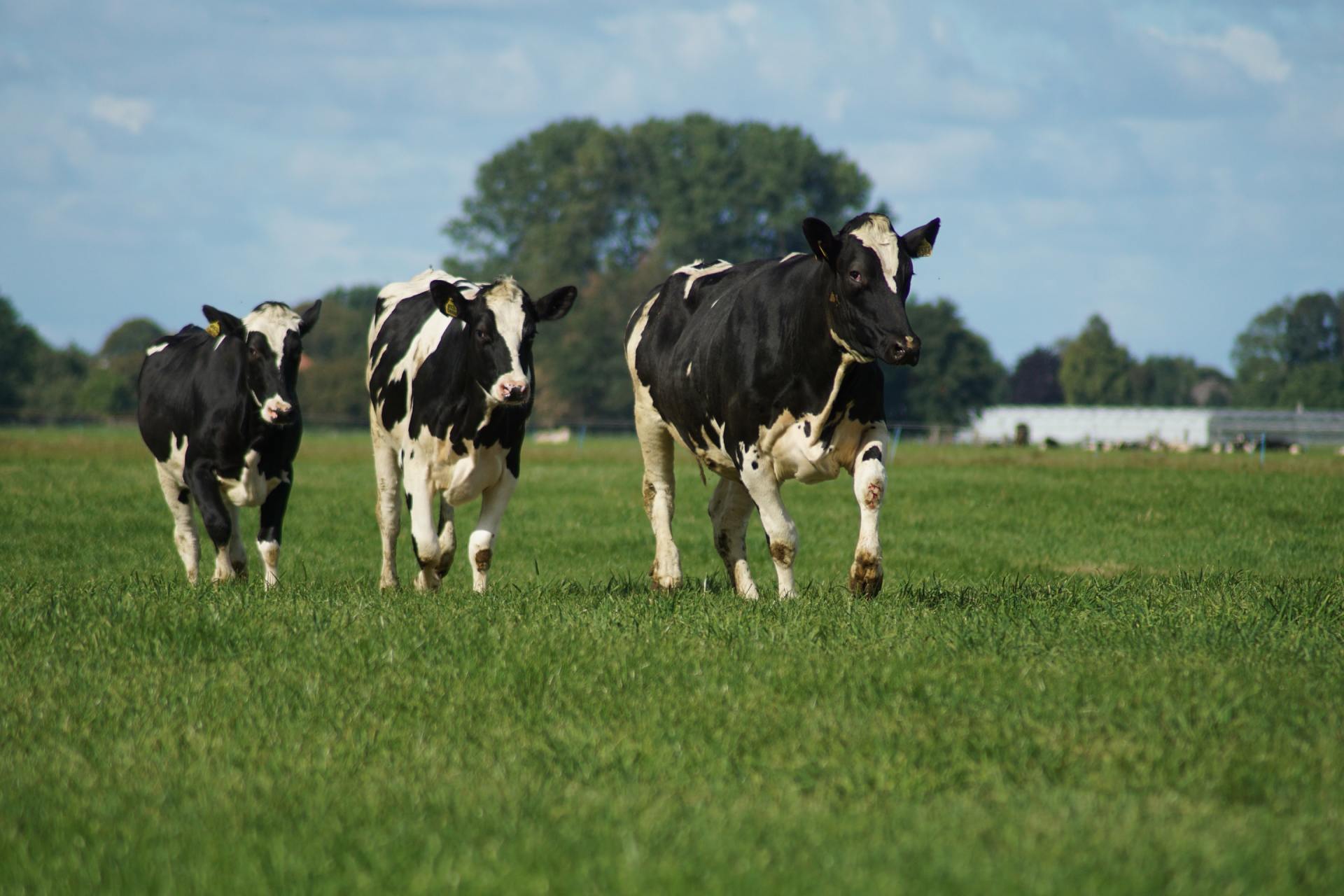The Importance of Britain’s Livestock to Soil Health
At the beginning of this year a major change took place which promised to dramatically advance the importance of soil health using measures including the grazing of livestock. Considered to be one of the most significant environmental reforms in 40 years, the revised agriculture bill places much more emphasis on soil, now seriously at risk from erosion, overuse and the loss of nutrients by offering farmers aid in maintaining it.
Soil holds 3 times as much carbon as the atmosphere, reduces the risk of flooding, is vital for wildlife and responsible for 95% of global food supplies. Alongside the effects of intensified farming practices, weather patterns such as extended wet weather which causes damage to soil structure and heavy rainfall which increases soil erosion are now rapidly emerging to threaten soil health further.
Increasing evidence however shows that grazing livestock such as cattle and sheep and other ruminants as they are called is a powerful method of protecting our soil. Grasslands have a strong capacity for storing carbon which is not only the main driver in helping to prevent climate change but also the key ingredient in improving soil health and making soil more resistant to extreme weather. With the threat of the removal of EU subsidies along with much stricter environmental laws outlined in the latest agriculture bill, schemes are already underway at farms across the country. With a focus on building carbon in the soil via methods such as strip grazing which involves confining farm animals to a limited area of land for short period, results are now speaking for themselves in terms of improved grassland, better regrowth and deeper roots which help to feed the soil. Some farmers have also started bringing livestock on to their arable fields to provide natural fertilizer, akin to the previous ‘mixed farming’ practice of keeping livestock alongside growing crops, a system which went out with the arrival of more intensive methods of farming. As cows graze they aerate the soil with their hooves as well as trampling plants and other organic matter into the soil, enriching it and creating knock-on benefits along the entire ecological chain.
The UK is one of the most sustainable places in the world to produce red meat as 60% of the land that makes up our agricultural area is unsuitable for planting crops and that buying British meat locally further reduces carbon use.
by Nicky Lowe, countryside commentator


